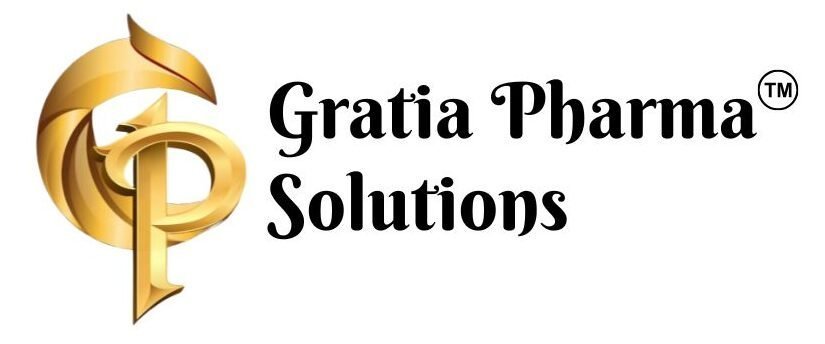In recent years, the global healthcare industry has witnessed a remarkable shift toward natural and holistic healing practices. Among these, Ayurveda—a system of traditional medicine rooted in Indian history—has emerged as a key player. What once existed mainly in ancient texts and home remedies is now finding its place in modern pharmaceutical formulations, supported by scientific research and advanced manufacturing techniques.
Understanding Ayurveda in the Modern Context
Ayurveda is more than just an alternative therapy; it is a comprehensive system of health that emphasizes balance in bodily systems using diet, herbal treatment, and yogic breathing. With growing concerns about the side effects of synthetic drugs, many consumers are turning to Ayurvedic solutions for chronic issues such as digestive disorders, respiratory problems, diabetes, and mental health.
Today, pharmaceutical companies are integrating this ancient wisdom with validated scientific processes to create high-quality herbal formulations. These products often undergo rigorous testing for safety, efficacy, and consistency, making them suitable for both preventive and therapeutic use.
Scientific Formulation and Organic Sourcing
The credibility of Ayurvedic products has grown significantly due to advancements in scientific formulation techniques and organic raw material sourcing. Modern laboratories are employing validated extraction methods, analytical testing, and standardized ingredient profiling to ensure consistency and potency across batches.
Moreover, many manufacturers are adhering to Good Manufacturing Practices (GMP) and conducting third-party laboratory tests to ensure that the products meet international quality standards. This ensures that consumers receive effective, safe, and clean Ayurvedic medications and supplements.
Top Health Segments Driving Demand for Ayurvedic Products
1. Digestive and Colon Health
Formulations containing ingredients like Triphala, Isabgol, and Licorice are gaining popularity for promoting gut health, relieving constipation, and detoxifying the colon.
2. Respiratory Wellness
Herbs such as Tulsi, Mulethi, Vasaka, and Adhatoda are commonly used in syrups and tablets designed to treat asthma, bronchitis, and seasonal coughs.
3. Prostate and Urinary Support
Natural ingredients like Gokshura and Varuna help support urinary tract function and promote prostate health, particularly in aging men.
4. Diabetes and Metabolic Disorders
Ayurvedic compounds containing Jamun, Karela, and Gudmar are known to assist in blood sugar management, providing a complementary approach to allopathic diabetes care.
5. Mental Health and Stress Relief
With the rise in stress-related disorders, adaptogenic herbs like Ashwagandha, Brahmi, and Shankhpushpi are being incorporated into supplements that support memory, concentration, and emotional balance.
The Global Market and Export Potential
The Ayurvedic pharmaceutical sector is experiencing robust growth not only in India but also across the globe. According to industry reports, the global Ayurvedic market is projected to surpass USD 14 billion by 2028, driven by increased health awareness and demand for plant-based remedies.
Countries in North America, Europe, the Middle East, and Southeast Asia are showing heightened interest in herbal and Ayurvedic medicines. This has created massive export opportunities for manufacturers, traders, and exporters who comply with international guidelines.
Compliance with Global Standards and Certifications
As demand grows, regulatory bodies are placing greater emphasis on ensuring quality control in herbal and Ayurvedic products. Manufacturers are increasingly seeking certifications such as:
- GMP (Good Manufacturing Practices)
- ISO 9001 and 22000
- FDA and FSSAI registrations
- Ayush Premium Mark Certification (India)
These certifications reflect a commitment to quality, hygiene, and compliance with national and international regulations—helping Ayurvedic manufacturers access global markets with confidence.
Conclusion
Ayurveda is no longer confined to traditional households or wellness retreats—it is a vital part of the modern healthcare ecosystem. Through a combination of scientific innovation, regulatory compliance, and consumer-centric solutions, the industry is poised to transform the way we approach natural health and wellness.
By aligning age-old wisdom with 21st-century standards, the Ayurvedic pharmaceutical sector stands as a beacon of sustainable, effective, and holistic healthcare for future generations.




